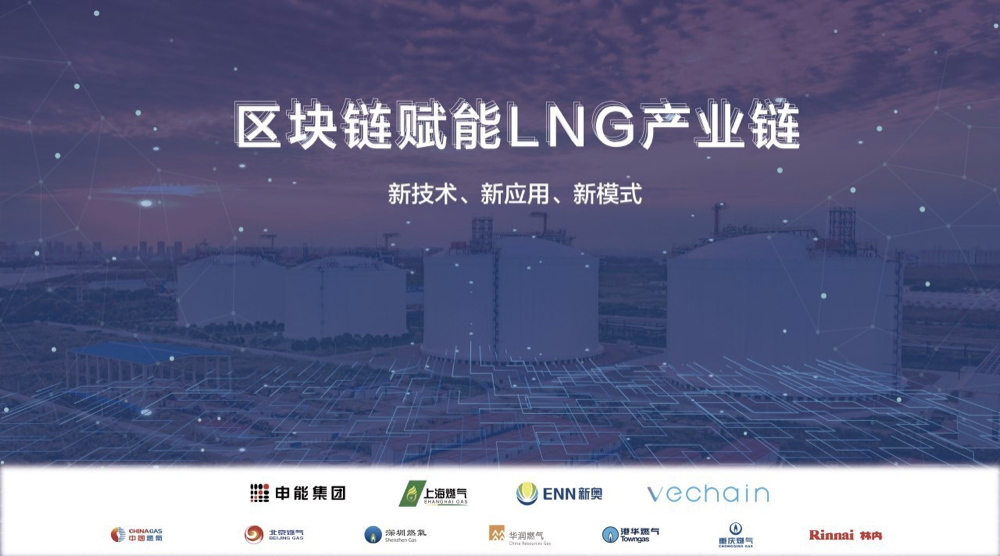Editorial by Ben Yorke – October 28, 2019
It was hard to miss the impressive market rebound by a number of projects affiliated with China this weekend. Tokens like VET, NEO, ONT, IOST and others all had double-digit resurgences, most likely buoyed by the news that China was taking a more active stance on the development and adoption of blockchain. But for a non-Chinese investor, what exactly does this announcement mean?
#1 Blockchain, not Bitcoin
President Xi’s big announcement was in no way an endorsement of cryptocurrencies. Blockchain can have a number of applications beyond just being a ledger for digital tokens, especially in a country that was never particularly bothered by decentralization of power. By running a network of private nodes, China could create their own blockchains suitable for a number of needs, including financial, health, and other public services. While it wouldn’t have the true immutability of a public chain, it would be a lot cheaper, support a higher throughput, and give authorities total control of the on-chain data.

So how will public cryptocurrencies play into this? It’s extremely unrealistic to expect China to cede control of important data to a public chain. The PBoC will not be settling transactions in XRP, nor will the State Taxation Administration be accepting payments in Bitcoin Cash. According to Xi’s latest speech, China is looking for solutions in the following fields: Education, employment, pension, poverty alleviation, medical industry, anti-counterfeiting, food safety, public welfare, social assistance, smart cities, information infrastructure, smart transportation, energy and power, and urban management. Not surprisingly, they left out any mention of gambling dApps, ICOs, cryptokitties, or Craig Wright.
#2 The BaaS is King
Some chains are better poised than others to take advantage of the surge in development. Enterprises and private companies will be looking to add blockchain to their list of technologies, and many of them will go searching for someone to build that for them. VeChain, being already approved by the CAC, has a number of Blockchain-as-a-Service solutions already online that fit the bill. As the underlying technology for Walmart China’s Food Safety platform, VeChain has already been used to track vegetables, rice, and other food products from the farm to several regional stores. Currently that solution is being optimized, as Walmart aims to make it easier for suppliers to verify their products. Even better, anyone can have access to similar tools using VeChain’s ToolChain platform, a BaaS that allows individuals or companies to upload product IDs, verify supply chains, and track other key IoT data.
The Low Carbon Ecosystem, which rewards users for saving energy and using alternative transportation methods is another example. Partners BYD, PICC, and DNV GL should help really push this initiative throughout China’s commercial system, as more clients clamor to become both blockchain and eco-friendly. A third example is a partnership with ENN and Shanghai gas, which is developing a blockchain solution to increase efficiency at one of the largest liquified natural gas industrial parks in China.

#3 So are other Cryptocurrencies worthless in China?
Well, if the team isn’t already actively working in China to build solutions that improve productivity or social welfare here, it’s probably not getting any adoption. With that in mind, when it comes to blockchain, all roads eventually do lead back to Bitcoin. A new wave of blockchain research, development, and coverage in the media will help educate a new chunk of society on the benefits of distributed ledger technology. I expect blockchain events to get more attention and see higher attendances, which should translate into more people buying tokens as an investment. Already, we’ve seen media platforms like The People’s Daily run a large graphic entitled “What is Blockchain?” The section dedicated to Bitcoin noted that Bitcoin was merely one application of the technology, and that ICOs and tokens based only on marketing were still risky and illegal. Still, this constant media attention won’t go unnoticed, and many newcomers should still get brought in. Tokens who are able to carefully balance the line between marketing and utility should be able to grow their communities over the next few months. The bigger question should be whether projects can turn short-term attention in the media into sustainable business development.
#4 Why is China doing this now?
Political initiatives rarely happen by accident in China. With Libra being such a hot-button topic in the media, it is impossible for China to sit on the sidelines. And since the two countries are in somewhat of an information technology cold war, it would be unwise to ignore a technology that has the potential to dominate key areas of finance, commerce, and logistics. Being seen as an innovative country is important, since there are many global disputes about allowing Chinese companies to supply 5G networking technology, most of them being US-led. And as of today, the message seems to be working. Most prominent cryptocurrency personalities have made it clear how they feel regarding the way the two global superpowers are doing business with blockchain.
#5 So it this all just a political powerplay?
Whether the answer to that question is yes or no, the fact remains that China is very good at implementing sweeping changes. Just walking around one of China’s cities, it’s impossible to not notice how electronic payments, mobile technology, automated services, eCommerce, electric vehicles, last-mile delivery, shared transportation, and many other key technologies have streamlined the country in the last decade.
 A shared bicycle is left behind a charging electric SUV.
A shared bicycle is left behind a charging electric SUV.
I strongly expect that the next few years in China should see the announcement of hundreds of blockchain partnerships, research groups, MoUs, and PoCs. Filtering the worthwhile from the worthless should be a challenging task for even the most savvy of investors, and a hidden danger lies in the fact that projects will now have more competition and pressure to start snapping up the market. From a business development standpoint, when the market is flooded with small, less-capable blockchain projects, the effect can be overwhelming. It’s important that the leading public chains distinguish themselves, otherwise they may lose a lot of business to private services provided by Alibaba, Tencent, Baidu, and other established tech giants.













 A shared bicycle is left behind a charging electric SUV.
A shared bicycle is left behind a charging electric SUV.